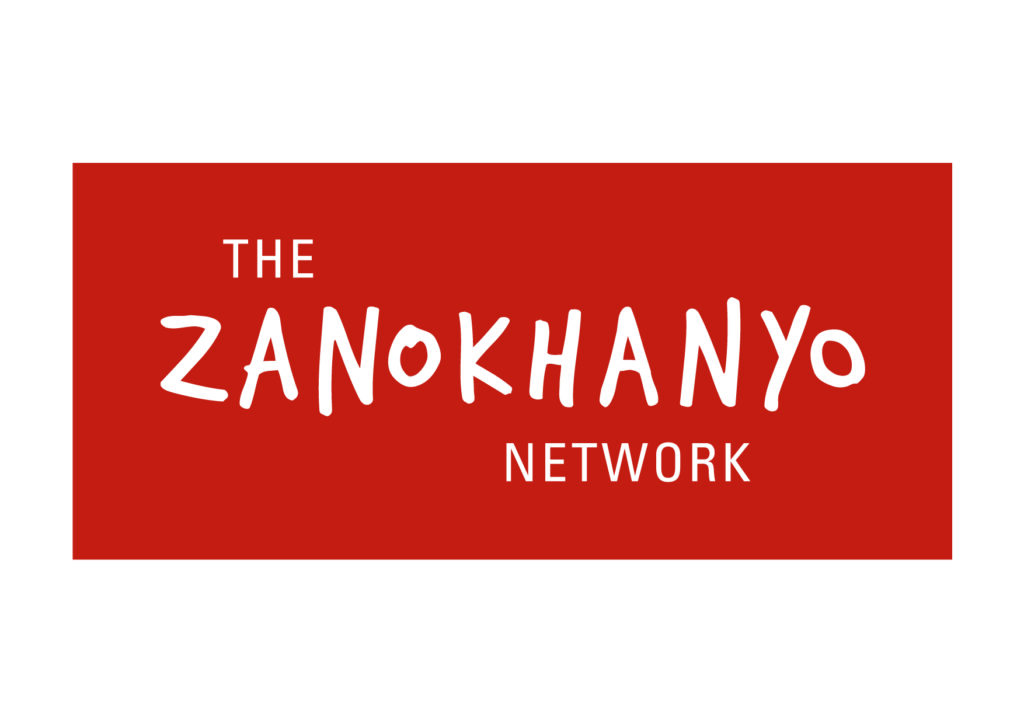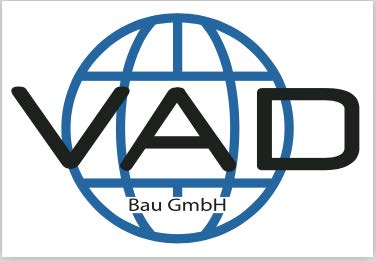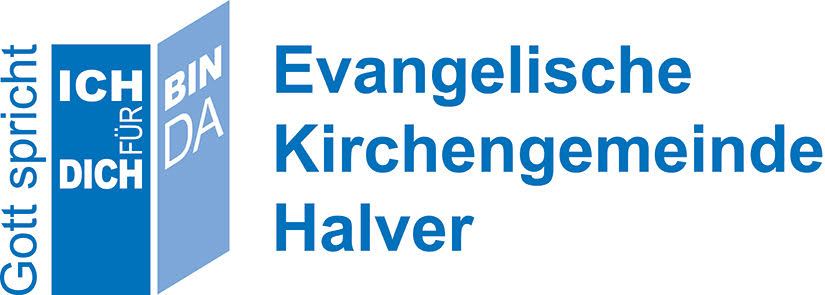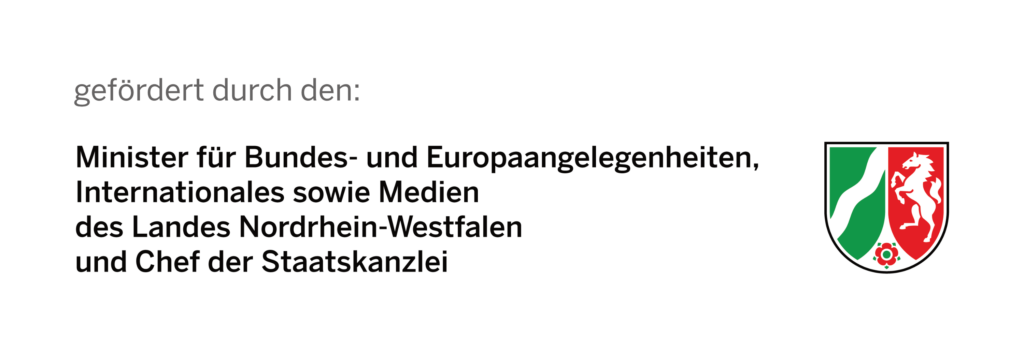§1 (NAME OF THE ORGANISATION)
- The organisation hereby constituted will be called
“LEARN-LIVE-SUPPORT MASIPHUMELELE” - Its shortened name will be LLS-MASI
- Body Corporate
The organisation shall
- Exist in its own right, separately from its members
- Continue to exist even when its membership changes and there are different office bearers
- Be able to open and operate a bank account
- Be able to own property and other possessions
- Be able to sue and be sued in its own name.
§2 (Objectives)
The organisation will operate as a non-governmental non-profit organisation (NGO/NPO)
The primary objective of the organisation is to provide assistance in contributing to the educational and social development to the people of Masiphumelele Cape Town South Africa. The aim is to provide sustainable self-help with special consideration of the cultural characteristics and structures of the country.
This objective will be pursued by the following but notlimited to:
- organising and implementing social projects, with pre-primary, primary and secondary school learners, young adults and adults.
- Interacting with pre-primary, primary and secondary school learners, young adults and adults including mentoring and training through needs-based projects to assist in becoming self-sufficient and leading a better life.
The secondary objective of the organisation is to be in collaboration with projects of other domestic tax-privileged organisations by passing on funds which correspond to the purpose of the statutes.
§3 (INCOME AND PROPERTYOF THE ORGANISATION)
- The organisation will keep a record of everything it owns
- The organisation may not give any of its money or property to its members or office bearers. The only time it can do this is when it pays for work that a member or office bearer has done for the organisation. The payment must be a reasonable amountfor the work that has been done and approved by the management committee.
- A member of the organisation can also be reimbursed for reasonable expenses that she or he has paid for or on behalf of the organisation and approved beforehand by the management committee.
- Members or office bearers of the organisation do not have rights over things that belong to the organisation.
- Members of each project are to produce an annual budget which is to be approved by the management committee.
§4 (TAXATION OF ORGANISATION)
The Organisation may apply to the Commissioner for the South African Revenue Service for approval as a Public Benefit Organisation in terms of Section 30 of the Income Tax Act. Upon approval the provisions set out in Schedule B shall bind the Organisation.
§5 (POWERS OF THE ORGANISATION)
The management committee may take on the power and authoritythat it believes it needs to be able to achieve the objectives that are stated in point number 2 of this constitution. Its activities must abide by the law.
- The management committee has the power and authority to raise funds or to invite and receive contributions.
- The management committee does have the power to buy, hire or exchange for any property that it needs to achieve its objectives.
- The management committee has the right to make by-laws for proper management, including procedure for application, approval and termination of membership.
- The management committee will decide on the powers and functions of office bearers.
§6 (THE MANAGEMENT COMMITTEE)
- POWERS: A management committee will manage the affairs of the organisation. The management committee will be the office bearers of the organisation. Any three of the office bearers will also be appointed as the directors of the organisation in terms of the legal governance requirements.
- NUMBER AND PORTFOLIOS: A minimum of 7 members which includes 3 Directors shall serve on the Management Committee bearing the following portfolios: The Chairperson, the Vice Chairperson, The Treasurer, The Secretary, plus additional office bearers without specific portfolio.
- FREQUENCY OF MEETINGS AND QUORUM: The Chairperson shall convene a meeting of the Management Committee at least quarterly or at the written request of any two members of the Management Committee. More than half of the office bearers need to be at the meeting to make decisions. This constitutes a quorum.
- ELECTION: All members of the Management committee shall be members of the Organisation. If a person wants to become a member of the organisation, she or he will have to apply in writing to the organisation’s management committee. The management committee has the right to approve membership or not at their sole discretion. The Management Committee shall be elected by the members of the Organisation at an Annual General Meeting.
- TERM OF OFFICE: Office bearers will serve for one year, but they can stand for reelection for another term in office after that. Depending on what kind of services they give to the organisation they can stand for re-election into office so long as their services are needed and they are ready to give their services.
- VACANCIES: The Management Committee must, as soon as reasonable possible appoint someone to fill any vacancy that reduced the number of management committee members.
- SUB COMMITTEES: The management committee has the right to form subcommittees. The decisions that sub-committees take must be given to the management committee. The management committee must decide whether to agree to them or not at its next meeting. This meeting should take place soon after the subcommittee’s meeting. By agreeing to decisions the management committee ratifies them.
- RESIGNATION, DISQUALIFICATION AND REMOVAL: A Management Committee member mayresign from office in writing. The written declaration of resignation must be submitted to the Management members at the end of the financial year with one month’s notice.
If a member of the management committee does not attend three management committee meetings in a row, without having applied for and obtaining leave of absence from the management committee, then the management committee will find a new member to take that person’s place
A Management Committee member shall be disqualified from office upon termination of membership to the Organisation and becoming incapable by reason of mental illness. A member can be removed from office through a two-thirds resolution of the remaining Management Committee members.
§7 (PROCEEDINGS AT MANAGEMENT MEETINGS)
- The Management Committee may regulate its meetings and proceedings as it finds fit, subject to the following: The Chairperson shall chair all meetings of the Management Committee Meetings can be held as a face-to-face meeting and also in the form of video conference or via zoom meetings.
- If the chairperson is not present, the vice Chairperson shall chair such meeting. In both their absence, the members present at the meeting shall elect a chairperson for that meeting.
- If no quorum is present, the Management Committee may make no decision, except to preserve the assets of the Organisation and to call a meeting of the general members.
- Each Management Committee member present or represented through written proxy shall have one vote. If the votes are equal on an issue, the treasurer has either a second or a deciding vote. Abstentions and invalid votes are not taken into consideration.
- Proper minutes and attendance records must be kept of all meetings. The Chairperson for the meeting shall sign the minutes which shall be available at all times for inspection via the Secretary.
- All members of the organisation have to abide by decisions that are taken by the management committee
§8 (MEETINGS OF MEMBERSHIP)
- Annual General Meetings
All Annual General Meetings (AGM’s) must be held once every year, within 3 months after the organisation’s financial year end. Members of the organisation must attend its annual general meetings and exercise their right to determine the policy of the organisation.
More than half of the office bearers shall be present at the meeting which will make up the quorum.
At least twenty one (21) days written notice must be given to all members stating the date, time, place and business of the AGM, which business must include- Agenda items
- Have an attendance register and List apologies sent
- Read and confirm previous meetings minutes with matters arising.
- The chairperson’s report
- The treasurers report
- The presentation of the Organisation’s Annual Financial Statements
- The election of Management Committee members
- Changes to the constitution that members may want to make
- The appointmentof Auditors and
- General
- Close
- Special General Meetings.
The chairperson, or two members of the management committee, can call a special general meeting if they want to. But they must let the other management committee members knowthe date of the proposed meeting not less than 10 (ten) days before it is due to take place. They must also tell the other members of the committee which issues will be discussed at the meeting. If, however, one of the matters to be discussed is to appoint a new management committee member, then those calling the meeting must give the other committee members not less than 30 days’ notice.
§9 (NOTICES OF MEETINGS)
- All notices terms of this constitution must be given to members in writing (personally, post or electronic communication) to the address provided by the members.
- At least ten (10) days written notice must be given to all members stating the date, time, place and business of the AGM, which business must include
- A member present in person at any meeting shall be deemed to have received notice of such meeting.
- Notice sent to email addresses given to the secretary will be deemed to have been received. Members are to ensure updated records are supplied to the Secretary.
§10 (FINANCE)
- A bank account in the name of the Organisation with a registered bank is to be opened.
- Documents requiring signature on behalf of the Organisation shall be signed by at least two office bearers authorised by the Management Committee.
- An accounting officer shall be appointed at the annual general meeting. His or her duty is to audit and check on the finances of the organisation.
- The treasurer’s job is to control the day to day finances of the organisation. The treasurer must also keep proper records of all the finances.
- The financial year end of the organisation is on 28 February of each year
- The organisation’s accounting records and reports must be ready and handed to the Director of Non Profit Organisations within six months after the financial year end.
- If the organisation has funds, the funds will be invested in a registered financial institution.
- Internet banking on behalf of the Organisation shall be signed by two of the three office bearers authorised by the Management Committee.
§11 (CHANGES TO THE CONSTITUTION)
- The constitution can be changed by a resolution. The resolution has to be agreed upon and passed by not less than twothirds of the members who are at the annual general meeting or special general meeting. Members must vote at this meeting to change the constitution.
- More than half of the office bearers shall be present at the meeting (“the quorum”) before a decision to change the constitution is taken. Any annual general meeting may vote upon such a notion, if the details of the changes are set out in the notice referred to in 7.3
- A written notice must go out not less than fourteen (14) days before the meeting at which the changes to the constitution are going to be proposed. The notice must indicate the proposed changes to the constitution that will be discussed at the meeting.
- No amendments may be made which would have the effect of making the organisation cease to exist.
§12 (DISSOLUTION/WINDING-UP)
- The organisation may close down if at least two-thirds of the members present and voting at a meeting convened for the purpose of considering such matter, are in favour of closing down.
- When the organisation closes down it has to pay offall its debts. After doing this, if there is a property or money left over it should not be paid or given to members of the organisation. It should be given in some way to another non profit organisation that has similar objectives. The organisation’s general meeting can decide what organisation this should be.
§13 (INDEMNITY)
- Subject to the provisions of any relevant law, members, office-bearers or appointed delegates of the Organisation shall be indemnified by the Organisation for all acts done by them in good faith on its behalf.
- Subject to the provisions of any relevant law, no member of the Organisation or appointed delegates shall be liable for the acts, receipts neglects or defaults of any other member or office bearer, or for any loss damage or expense suffered by the Organisation, which occurs in the execution of the duties of his or her office, unless it arises as a result of his or her dishonesty, or failure to exercise the degree of care, diligence and skill required by law.
This constitution was approved and accepted by members of the organisation
22.09.2020
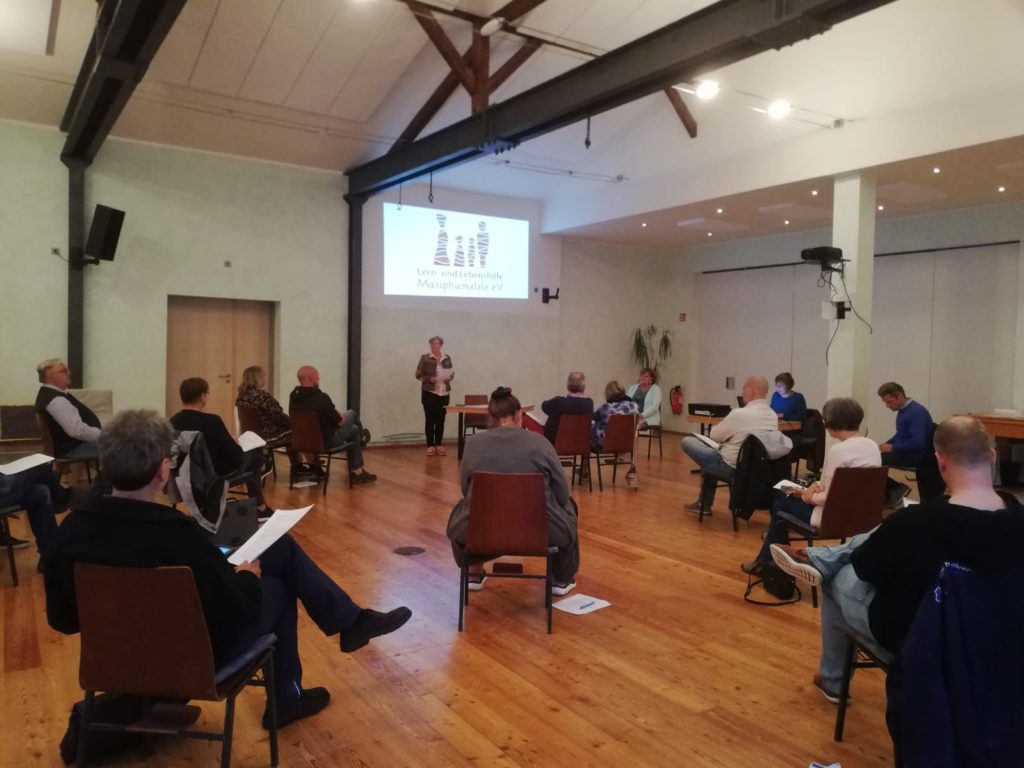
 Deutsch
Deutsch English
English



